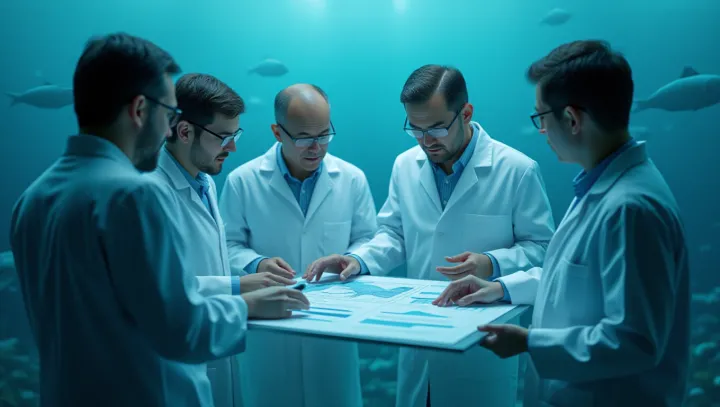Can Science Save Our Seas?

The relentless pursuit of fish has pushed marine ecosystems to precarious thresholds, sparking global alarm. In response, scientists are amidst a fervent quest, weaving technology and expertise, to unearth the depths of overfishing's effects on our oceans. Their research endeavors span continents, with oceanographic institutes in Monterey Bay and the Great Barrier Reef at the forefront of this vital mission.
Equipped with cutting-edge satellite imagery and acoustic sensors, researchers meticulously track fish populations, discerning patterns that portend ecological shifts. Computational models further illuminate potential future scenarios, underscoring the urgency for sustainable fishing practices. 'Our oceans are a treasure trove of biodiversity,' declares Dr.
Emily Carter of the Marine Conservation Alliance, emphasizing the critical need for informed conservation strategies. The compounded loss of species not only disrupts food chains but destabilizes entire marine habitats, accelerating the decline in fishery yields. By synthesizing data across disciplines, scientists are devising policy frameworks that advocate for responsibly-managed fisheries.
Such interdisciplinary cooperation is poised to inform international regulations aimed at rejuvenating ocean health, inspiring a sustainable legacy for future generations.
